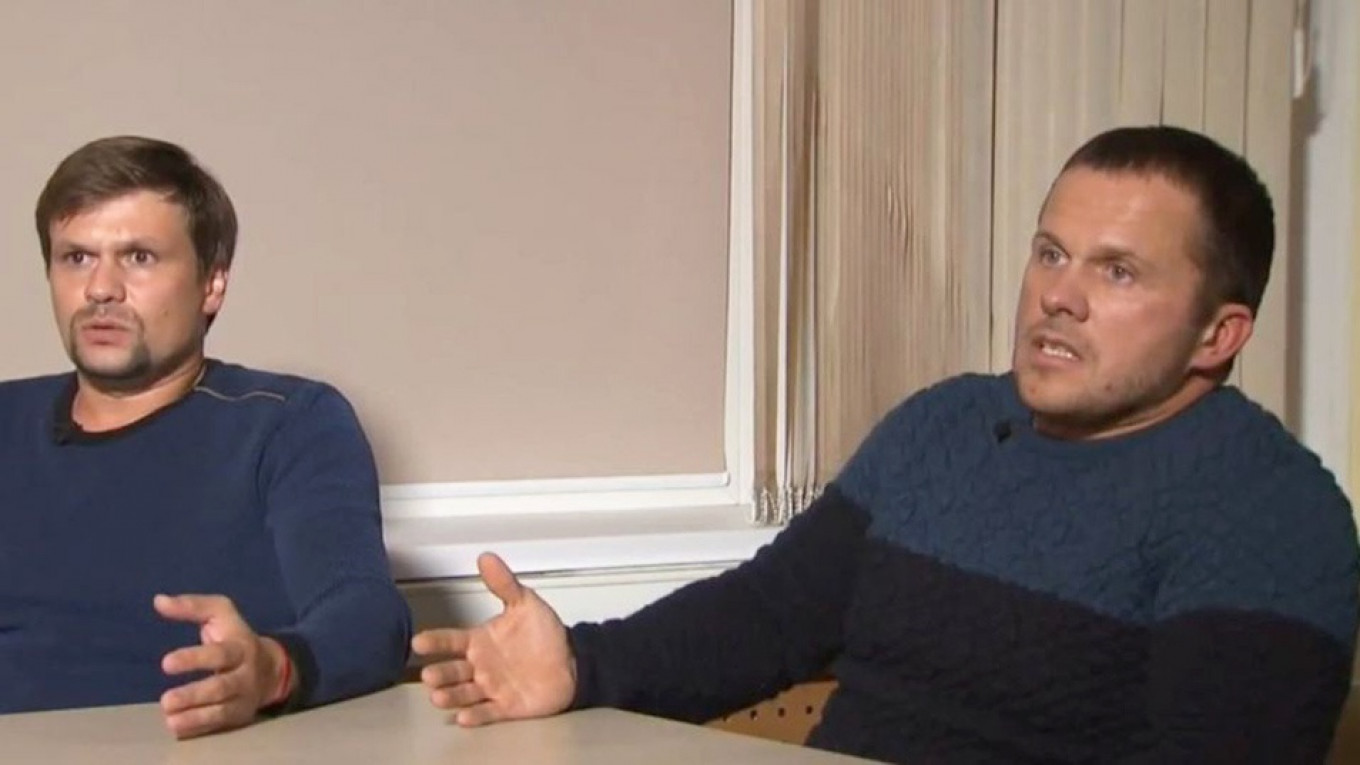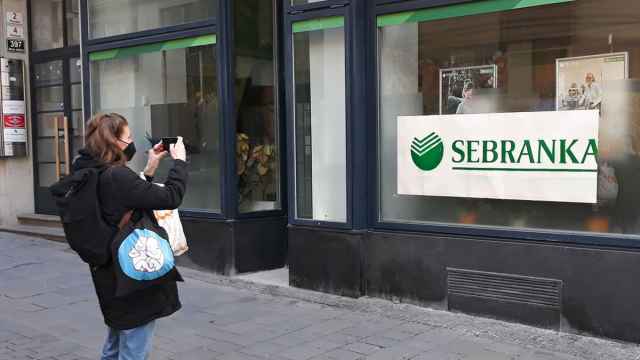European Union ambassadors reportedly agreed on Wednesday to impose sanctions on two Russian nationals suspected of poisoning former Russian spy Sergei Skripal and his daughter last year, along with sanctions on two other Russians and five Syrians accused of chemical weapons attacks.
Western allies ordered the biggest expulsion of Russian diplomats since the height of the Cold War in response to the attack on the Skripals in the English city of Salisbury in March. Britain says Russian GRU military intelligence agents poisoned the Skripals with the Novichok nerve agent that was developed in the Soviet Union, while Moscow denies involvement.
“The ambassadors agreed to blacklist four GRU officers, including two suspects in the attack in Salisbury,” the state-run TASS news agency quoted an unnamed European Council source as saying Wednesday.
The U.S. Treasury last month sanctioned the two alleged Russian intelligence officers, Alexander Petrov and Ruslan Boshirov, for their suspected role in the Skripal poisoning in March.
On Monday, the decision-making body of the Organization for the Prohibition of Chemical Weapons (OPCW) adopted a joint proposal by the United States, the Netherlands and Canada to ban Novichok.
It was the first such change to the organization's so-called scheduled chemicals list, which includes deadly toxins VX, sarin and mustard gas, since it was established under the 1997 Chemical Weapons Convention.
The OPCW's 193 member countries have 90 days to lodge any objections to Monday's decision.
Reuters contributed reporting.
A Message from The Moscow Times:
Dear readers,
We are facing unprecedented challenges. Russia's Prosecutor General's Office has designated The Moscow Times as an "undesirable" organization, criminalizing our work and putting our staff at risk of prosecution. This follows our earlier unjust labeling as a "foreign agent."
These actions are direct attempts to silence independent journalism in Russia. The authorities claim our work "discredits the decisions of the Russian leadership." We see things differently: we strive to provide accurate, unbiased reporting on Russia.
We, the journalists of The Moscow Times, refuse to be silenced. But to continue our work, we need your help.
Your support, no matter how small, makes a world of difference. If you can, please support us monthly starting from just $2. It's quick to set up, and every contribution makes a significant impact.
By supporting The Moscow Times, you're defending open, independent journalism in the face of repression. Thank you for standing with us.
Remind me later.






